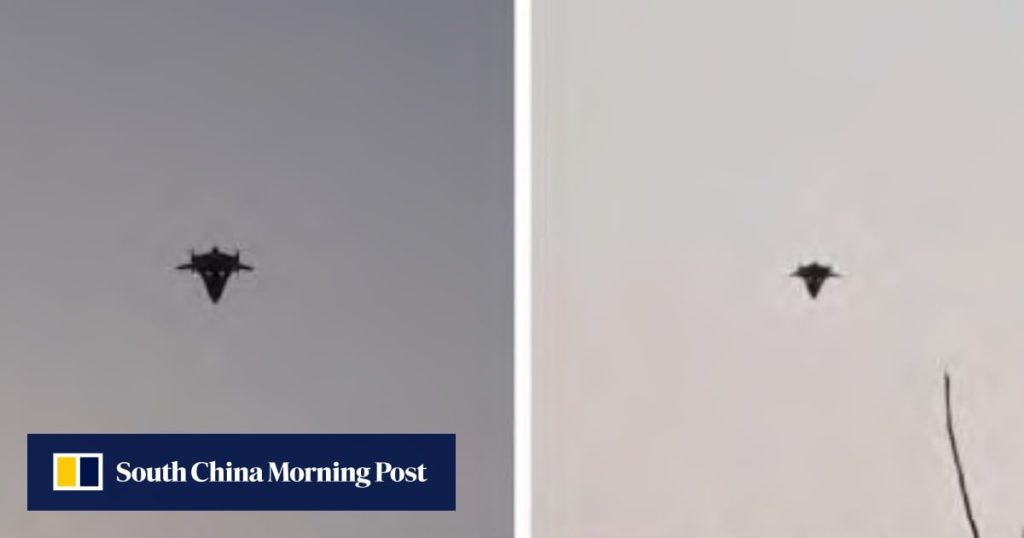In 2015, a US Navy F/A-18 pilot flying off the East Coast with the aircraft carrier USS Theodore Roosevelt encountered something inexplicable: an unidentified flying object shaped like a spindle, hovering above the clouds with no visible means of propulsion.
Encoded as “Gimbal”, the footage – officially declassified in 2021 – ignited global speculation about unidentified aerial phenomena and prompted serious questions about advanced aerospace technology beyond known military capabilities.
Now, nearly a decade later, scientists in China have unveiled and successfully tested a vertical takeoff and landing (VTOL) drone whose form bears a striking resemblance to that enigmatic object. While still at an experimental stage, this new aircraft represents a radical change in aerodynamic design that could improve endurance, stability and multi-mission versatility in uncrewed flight.
Unlike most of the drones out there, this new vehicle’s airframe is centred around an elliptical, ringlike wing that seamlessly integrates a straight central wing section, forming a closed-loop structure that appears almost toroidal.
Four rotors are mounted at junctions between the elliptical wings and vertical stabilisers – serving both as lift generators and structural reinforcements.
At a distant glance, it resembles a flying spindle rather than a conventional fixed-wing or quadcopter drone.


